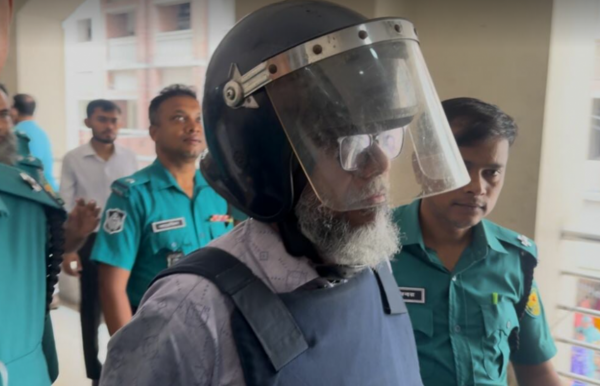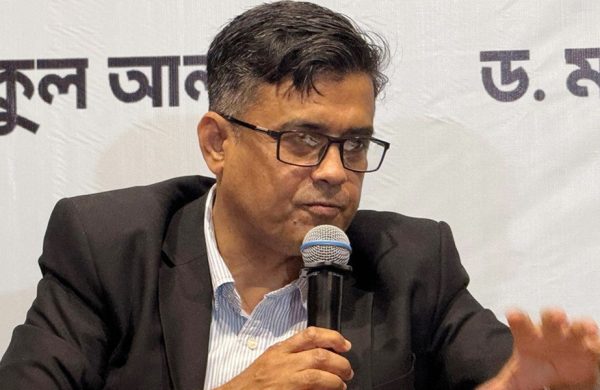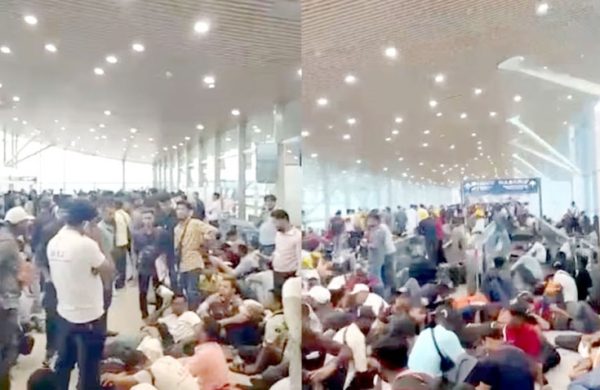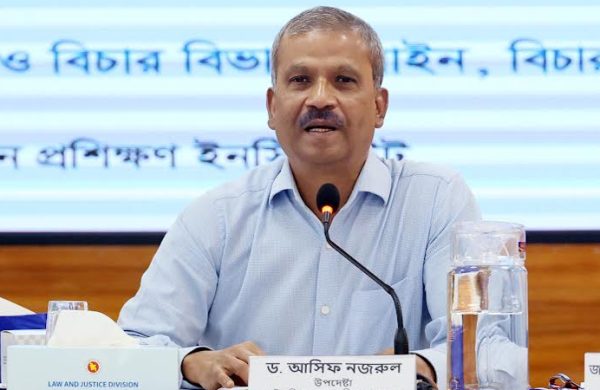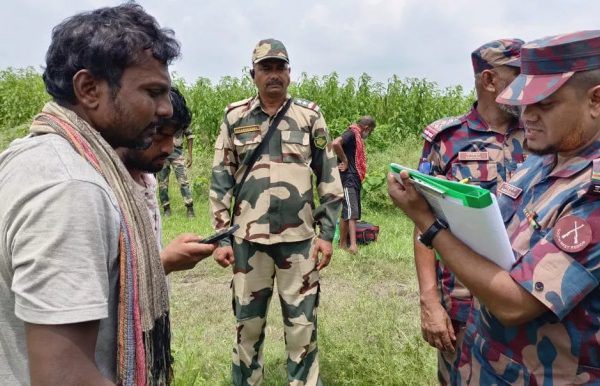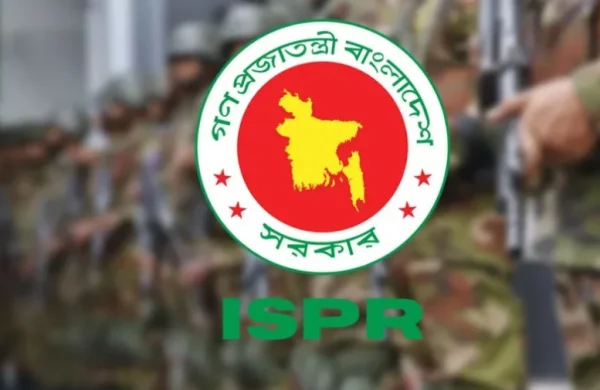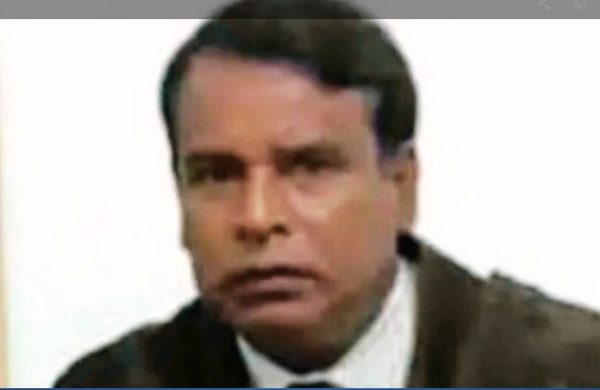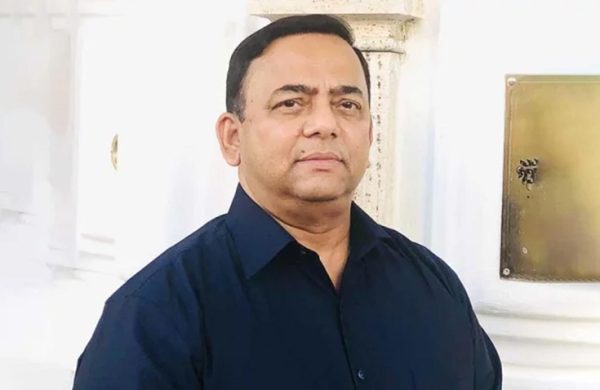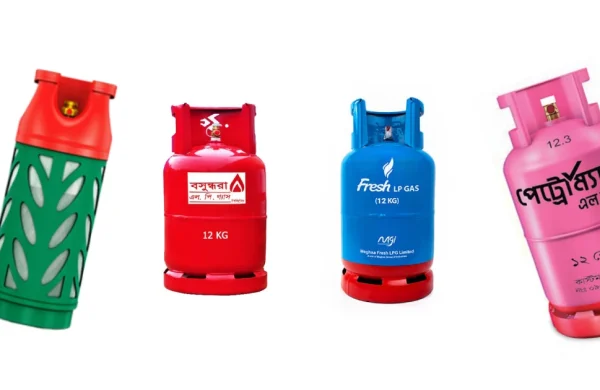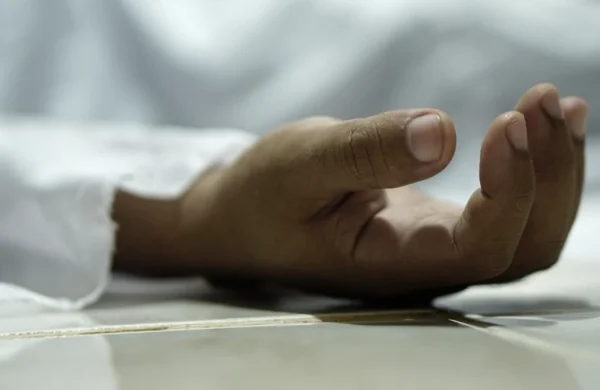Over 45 lakh cases pending in courts
- Update Time : Monday, July 7, 2025
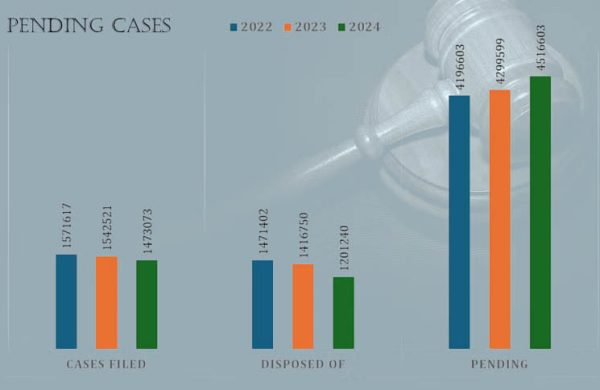
Staff Correspondent:
The growing backlog of cases continues to strain the country’s judicial system, making it increasingly difficult for many justice seekers to get legal remedies timely.
A staggering 45,16,603 cases were pending with the Appellate Division, the High Court, and lower courts across the country as of December 31 last year, up from 17,89,914 in 2008, shows a Supreme Court report published this year.
On average, 160,393 cases were added to the tally of pending cases each year since 2008. In 2024 alone, 14,73,073 cases were filed while 12,01,240 cases were disposed of, according to the SC report.
Each HC judge is burdened with 6,552 cases, while Appellate Division judges are handling 4,446 cases each, and lower court judges 1,977 cases each.
Asked, SC Registrar General Aziz Ahmed Bhuiyan said 13 committees were formed recently to monitor proceedings at lower courts and expedite the disposal of cases.
JUSTICE DELAYED
Nusrat Jahan Rafi, a madrasa student in Feni, was set alight on April 6, 2019, by four people at the behest of Siraj ud Daula, the then principal of Sonagazi Islamia Fazil Madrasa. This came after she refused to withdraw a case accusing Siraj of sexually harassing her.
Four days later, Nusrat died from burn injuries.
A Feni court on October 24, 2019, handed down death sentence to all 16 accused, including Siraj, for the murder that shocked the nation.
Since then, the death reference (lower court documents on death sentence) and the appeals filed by the convicts have been pending with the HC.
“We don’t know why it [the HC] has not disposed of the case,” Nusrat’s brother Mahmudul Hasan Noman told journalist over the phone.
“The relatives of the convicts are constantly giving us threats on social media.”
Another case filed over the custodial death of a 28-year-old man remains pending for over a decade.
Ishtiaque Hossain Jonny, a garment-waste trader in the capital’s Mirpur, was tortured to death in law enforcers’ custody.
A team of two dozen police personnel, led by the then sub-inspector of Pallabi Police Station Zahidur Rahman, raided a Pallabi house during a wedding ceremony and picked up Jonny and his brother Imtiaz Hossain Rocky on February 8, 2014.
Police informants Sumon and Russell called the law enforcers after Jonny slapped Sumon for stalking and harassing women at the function. Police tortured the two brothers at the station, according to the case statement.
Jonny was admitted to a local clinic the following day. As his condition worsened, he was transferred to Suhrawardy Hospital where he died.
On September 9, 2020, a Dhaka court sentenced Zahidur and ex-assistant SIs Qamruzzaman Mintu and Rashedul Islam to life imprisonment, and Sumon and Russell to seven years in jail.
Contacted, Jonny’s brother Imtiaz said the case has been pending with an HC bench, which is yet to hold a hearing.
“Zahid and Rashidul are in jail, while Mintu is absconding,” he said.
“Both Sumon and Russel remain at large. I fear that they could harm me or my family.”
EFFORTS TO EXPEDITE DISPOSAL OF CASES
The government has been implementing the e-judiciary project over the last few years to improve case management by bringing the lower courts under a digital network. Under the initiative, courts, police stations, and jails as well as investigators, witnesses, lawyers and defendants will be connected to the network.
The Supreme Court Judge Appointment Ordinance, 2024, was issued recently to ease pressure on courts and ensure faster delivery of justice.
Under the new ordinance, two HC judges were elevated to Appellate Division judges on March 24, raising the number of SC judges to seven.
More HC judges are likely to be appointed soon, say SC sources.
The number of HC judges now stands at 95, down from 100 in June 2012, said the sources.
Moreover, five judges have been excluded from judicial duties since October 20, 2024, following protests demanding their removal over alleged links with Awami League.
Talking to this newspaper, SC lawyer Barrister Saqeb Mahbub said, “Judges should be given more administrative support and resources. Lower courts are given very little technological support and judges don’t have sufficient resources at their disposal.”
They need to adopt effective case management practices penalising those who abuse the process by filing false cases or seeking adjournments frequently, he noted.
“Both our civil and criminal procedure codes need an overhaul. These colonial era procedural laws don’t adequately facilitate alternative dispute resolutions, such as arbitration and mediation,” he added.


